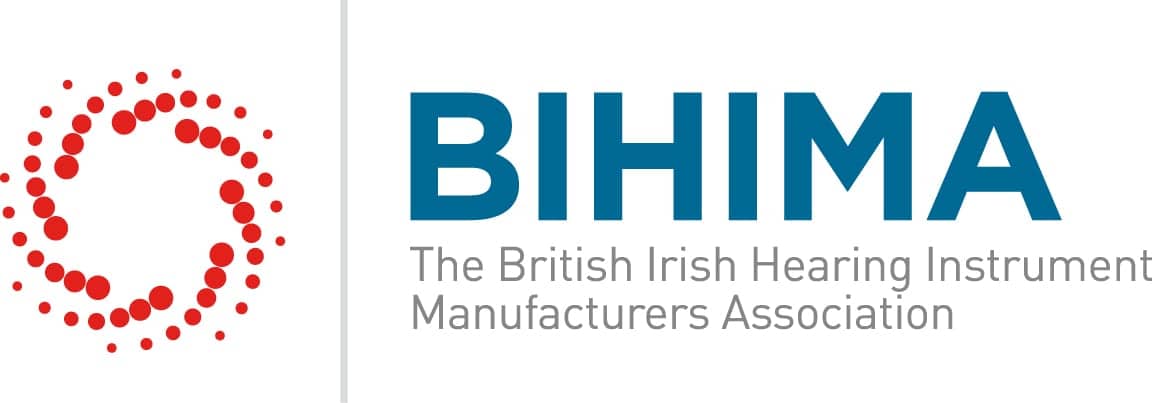| Over half (55%) of audiologists do not believe their patients are aware of the link between hearing loss and cognitive decline, according to the results of an audiologist research panel, conducted by the British Irish Hearing Instrument Manufacturers Association (BIHIMA), the Association announced. |
| BIHIMA questioned approximately 70 audiologists across the private sector and NHS, in April 2019, on issues facing the hearing industry today. Many audiologists on the panel highlighted the increasing need for their consultations to include an education piece on the growing body of research connecting hearing loss and cognitive decline. |
| BIHIMA Chairman, Paul Surridge, believes the industry has a duty to empower audiologists to deliver this crucial education work: “It is essential that we work together as an industry to educate patients about the link between hearing loss and cognitive decline. If, as our research suggests, this education work tends to lie with audiologists, then we must do all we can to help and support them, as we did in our recent Dementia Round Table at the RCGP.” |
| The panel was also questioned on the technology trends of the future. They highlighted the following key trends for hearing tech (in order of priority): 1) Signal processing, 2) Smart technology and mobile apps, 3) Remote tuning of hearing devices, 4) Biometric monitoring of brain/heart function, and 5) Rechargeable hearing aids. Other trends mentioned include Artificial intelligence, OTC hearing aids, wireless accessories, and wearables. |
| The audiologists concluded that the biggest innovation challenges the industry faces in the future are: complexity leading to consumer inability to utilize the technology, battery life, lack of real-world testing, small scale, design appeal, speech recognition in noise, and connectivity. |
| The top reasons patients seek hearing aids from an audiologist were listed as: Not able to hear people talk, peer or family pressure, social isolation, work issues, unable to hear on the telephone, tinnitus, and hearing speech in noise. |
| Finally, the panel was asked how frequently they think people should get their hearing checked. Audiologists working in the private sector reported annual visits, whereas NHS audiologists said that, on average, their patients come for a hearing test every 3 years. |
| Surridge concludes: “It is a concern that private and NHS opinions on the frequency of hearing checks differ, as BIHIMA’s view is that hearing tests for the over 55s should take place once a year and be considered part of peoples’ regular health check routine, like dental and eye care. We intend to seek further feedback on this issue as we believe there needs to be an industry standard that all agree to, so we invite you to share your thoughts with us via our Facebook and Twitter channels.” |
| BIHIMA brought together this panel of experts in audiology to consult on industry matters. Its aim is to ensure the technology developed by its members is influenced by the knowledge and expertise of audiologists, and so that BIHIMA’s contribution to public discussions around hearing loss remains well informed. |
| If you would like to join the BIHIMA Audiologist Research Panel, please sign up here. |
|
